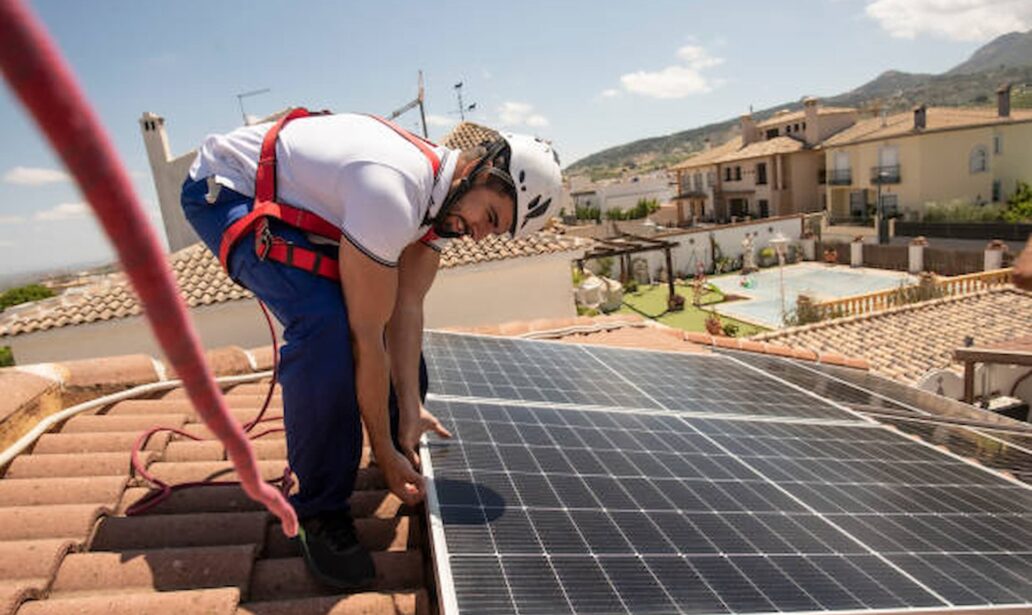Making solar panels work for your household is a step towards a more sustainable future and a smart financial decision. It’s a fact that solar energy can reduce your electric bills and shrink your carbon footprint by a lot, but if you want to guarantee they work for your household, learn more about how to harness the power of solar panels in this guide.
Assess Your Energy Needs
First, you need to take a look at your current energy needs. Examine your past electricity bills to understand your consumption patterns. This data will help you decide the size of the solar panel system you need to meet your energy demands.
Find A Reputable Solar Installer
Choosing a reputable solar installer is crucial to the success of your solar panel project. Look for companies like nowev.co.uk with a proven track record, positive customer reviews, and proper certifications. A professional installer will assess your home’s suitability for solar panels and recommend the best system for your needs.
Determine Your Budget
Solar panel systems vary in cost, depending on factors like size, quality, and installation requirements. Set a budget for your solar project, considering potential financing options, incentives, and rebates available in your area. Many regions offer tax credits and financial incentives for solar installations, making them more affordable.
Evaluate Your Roof
Assess the condition and orientation of your roof to ensure it’s suitable for solar panels. A south-facing roof with minimal shading is ideal for maximum sun exposure. If your roof needs repairs or replacement, it’s a good idea to address these issues before installing solar panels.
Choose The Right Solar Panels
There are various types of solar panels available, including monocrystalline, polycrystalline, and thin-film. Each has its advantages and disadvantages in terms of efficiency, cost, and appearance. Consult with your installer to select the panels that best suit your goals and budget.
Consider Battery Storage
To maximize the benefits of your solar panels, consider adding a battery storage system. This allows you to store excess energy generated during the day for use during the night or on cloudy days. Battery storage provides energy independence and can further reduce your reliance on the grid.
Monitor Your Energy Consumption
Install a monitoring system to keep track of your energy production and consumption. Many solar companies offer online platforms or apps that allow you to monitor your solar system’s performance in real time. This information helps you optimize your energy usage and ensure your system is functioning efficiently.
Practice Energy Efficiency
Combine solar panels with energy-efficient practices to maximize your savings and truly make the most of your investment. Replace traditional incandescent bulbs with energy-efficient LED lighting, get energy-efficient appliances when your old ones die, and implement insulation and weatherization improvements to reduce energy waste.
Regular Maintenance
Solar panels require minimal maintenance, but periodic cleaning and inspections are essential to ensure optimal performance. Keep the panels free from debris and dirt, and schedule regular check-ups with your installer to address any issues promptly. If you don’t want to do it yourself, hire a professional. If you’re going to make your solar panels work for you, you must work for them, too!

